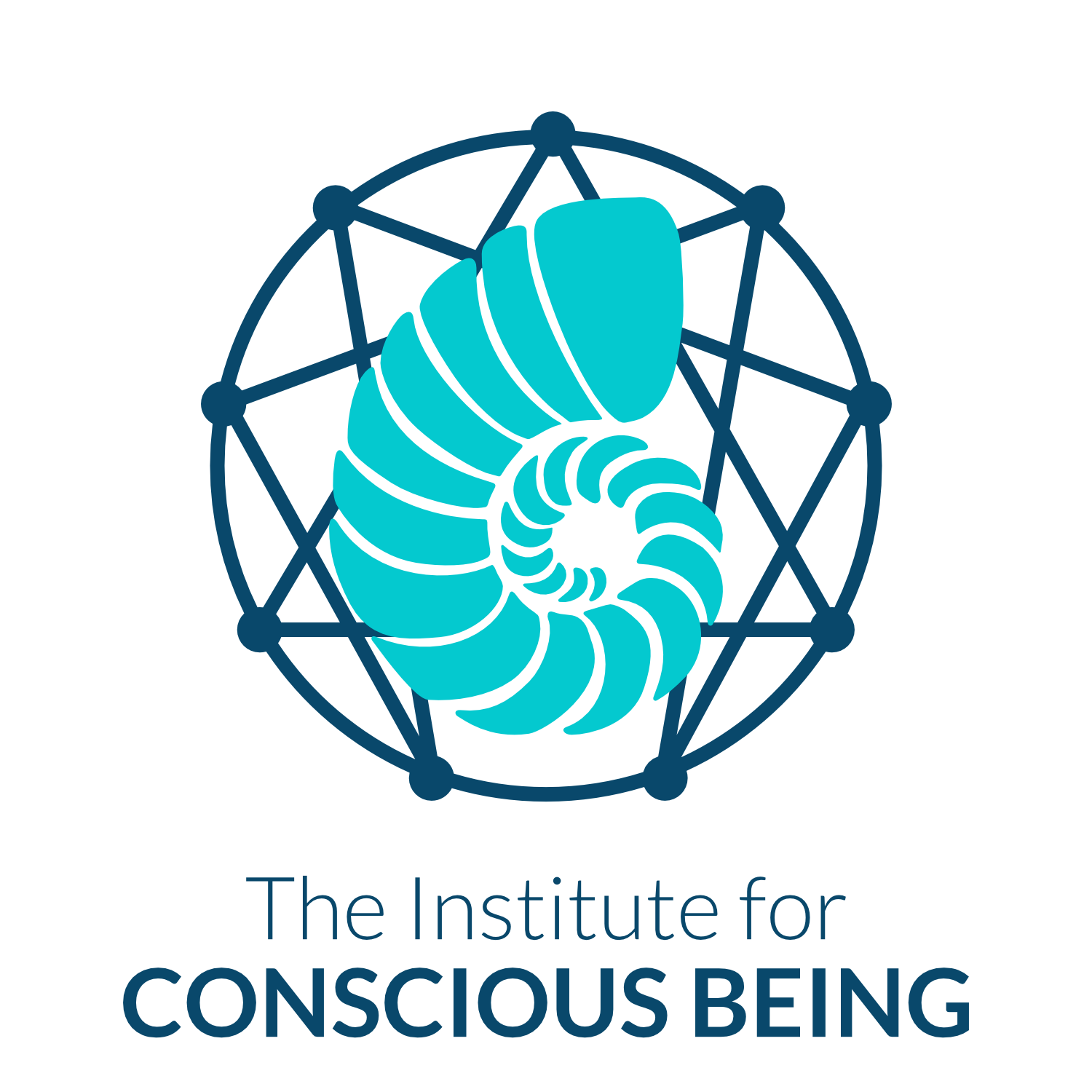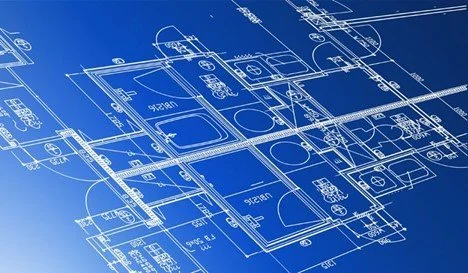The Path of Least Resistance Part 2
December 7, 2024
The Path of Least Resistance Part 2
Sometimes, I reflect on people who made conscious decisions that cost them dearly—for example, Martin Luther King Jr. and Malala Yousafzai. As we know, Dr. King paid with his life, and Malala Yousafzai paid with an assassin’s bullet in her face. Countless others made conscious stands and, in so doing, risked their lives and the safety of their families. What drives them to do that? Wouldn’t it have been far easier if they had gone with the path of least resistance and never put their lives in jeopardy?
Of course, they would answer that they didn’t have a choice. Theirs was a destiny that had to be fulfilled. In 1964, at the end of a lengthy letter to the court in his defense for having battled apartheid, Nelson Mandela wrote the following:
“During my lifetime, I have dedicated myself to this struggle of the African people. I have fought against white domination, and I have fought against black domination. I have cherished the ideal of a democratic and free society in which all persons live together in harmony and with equal opportunities. It is an ideal which I hope to live for and to achieve. But if needs be, it is an ideal for which I am prepared to die.”
Maybe those of us who would not risk our lives, do not identify with a cause so profoundly that we would die for it. But we might be surprised if put to the test. Possibly, we would die for other causes like the welfare of someone we love. Nevertheless, those who do risk all have a deep existential identification with their cause.
Why are we driven by a particular cause, belief, or commitment? Possibly, the answer lies in our soul’s purpose for which it was created. If we look at the Enneagram, we see that we were born a particular soul type. That soul type morphed into one of the ego types, but we came to earth in the soul. Perhaps our soul carries our deepest identifications, spiritual identity, purpose, and destiny.
In support of this supposition, Jungian analyst James Hillman, in his work The Soul’s Code, gives examples of how people choose their lives and commitments. Hillman maintains that we may be products of genetics and the environment, but something more profound guides us from birth onwards. He says the soul carries the blueprints for our life. He further says that our modern society resists the notion that our soul is our most vital guide. When dominated by the culture, we tend to do and be what the culture dictates. Such is the path of least resistance. To live consciously sometimes requires us to live differently from our culture’s norm.
But the soul knows who and what we are more profoundly than any cultural prescription. Sometimes, we must go beneath the cultural crust to come to terms with our most authentic nature, our essence, our soul, and the destiny it holds. Our soul’s destiny is beyond judgment.
Spiritual practice: As you inspect your life, do you feel family and society programmed you to become who you are? Or do you feel your soul guided you to be who you are now? Reflect on your answers.
Self-inquiry: Why would you feel Ok about not judging yourself harshly because your soul’s code doesn’t include dying for a cause?
Dear God, “Show me the hidden things. Take me down to the spring of my life and tell me my nature and my name.” Amen (My prayer today is a line from the Gathering Prayer by George Appleton.)


